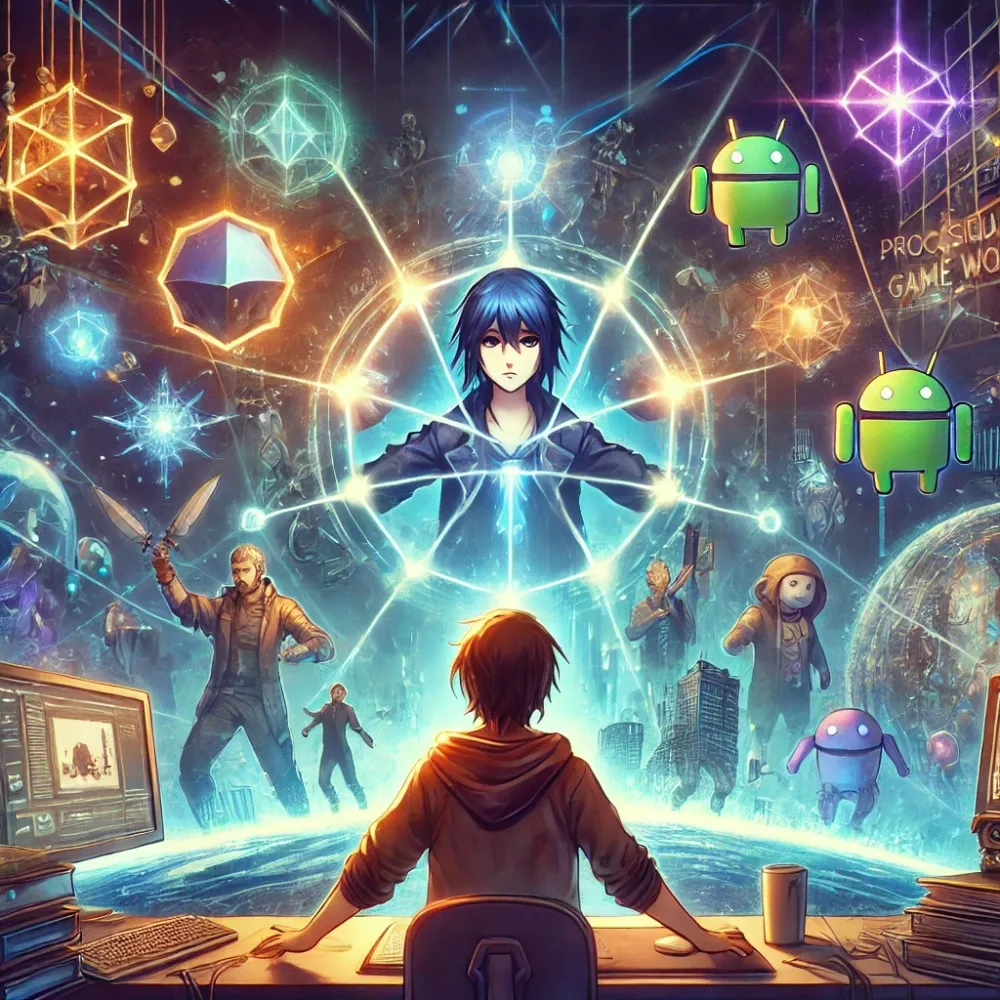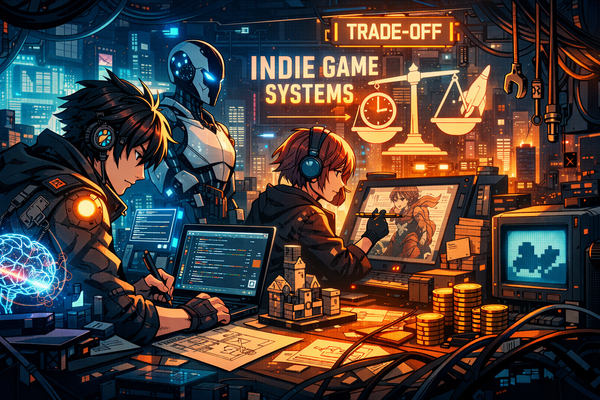The role of AI in indie game design: Opportunities and challenges
Artificial Intelligence (AI) is reshaping the landscape of indie game development, offering both opportunities and challenges. Its integration into game design processes enables developers to enhance creativity, streamline production, and introduce innovative gameplay experiences.
Opportunities presented by AI in indie game design
- Procedural content generation (PCG): AI-driven PCG allows for the automatic creation of game assets, levels, and narratives, reducing the manual workload on developers. This automation enables indie studios to produce expansive and diverse game worlds with limited resources (Wikipedia).
- Enhanced Non-Player Characters (NPCs): AI enables the development of more sophisticated NPC behaviors, resulting in dynamic and responsive interactions that enhance player immersion. For example, AI can facilitate adaptive narration, tailoring game narratives to players' choices and behaviors (Negative Five).
- Automated quality assurance (QA): AI-driven testing tools can identify bugs and optimize game performance more efficiently than traditional methods, ensuring a polished final product. This efficiency is particularly beneficial for small indie teams with limited QA resources (modl.ai | AI Engine for game development).
- Personalized player experiences: AI can analyze player behavior to adjust game difficulty and content in real-time, providing a tailored experience that maintains engagement and satisfaction. This adaptability caters to a diverse player base with varying skill levels and preferences.
Challenges in integrating AI into indie game development
- Technical complexity: Implementing AI systems requires specialized knowledge and skills, which may be a barrier for indie developers lacking expertise in this area. The complexity of AI integration can also lead to increased development time and costs.
- Resource constraints: Developing and training AI models can be resource-intensive, potentially straining the limited budgets and personnel of indie studios. Access to necessary computational resources and data may also be limited.
- Ethical considerations: The use of AI raises ethical questions, including data privacy concerns and the potential for biased algorithms, which developers must address to ensure responsible AI integration. Transparent communication and adherence to ethical guidelines are crucial in this regard (Whimsy Games).
- Quality assurance challenges: While AI can automate QA processes, the vast amount of AI-generated content and code may render traditional QA methods insufficient. Ensuring the quality and playability of AI-generated content remains a significant challenge (Game Developer).
The incorporation of AI in indie game design offers significant opportunities to enhance creativity, efficiency, and player engagement. However, developers must navigate technical, ethical, and resource-related challenges to harness AI's full potential effectively. By addressing these challenges, indie studios can leverage AI to create innovative and compelling gaming experiences.




